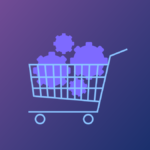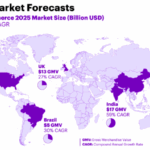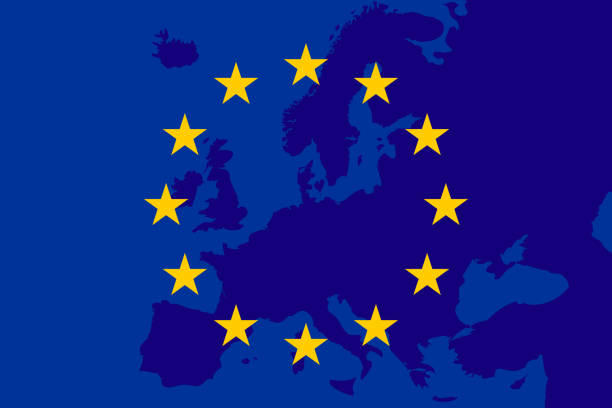The European Union is planning to introduce new measures aimed at reducing the number of unsafe and illegal products entering the market through online platforms. The proposed regulations would make ecommerce companies such as Temu, Shein, and Amazon responsible for ensuring that products sold on their platforms comply with EU safety standards.
This move comes in response to a surge in imported goods, particularly from Asia. In 2023, the number of lower-value parcels entering the EU reached 4.6 billion, a fourfold increase from 2022. Over 90% of these shipments originated from China. Many of the products in these shipments do not meet the EU’s product safety requirements, raising concerns about consumer protection, environmental impact, and fair competition.
To tackle this issue, Brussels is considering the creation of a new EU customs authority. This body would be responsible for overseeing the flow of goods into the EU, ensuring that imports meet established safety standards before reaching consumers. The proposed regulations would also require ecommerce platforms to conduct more thorough checks on third-party sellers and their products.
The introduction of these measures is expected to have significant implications for online retailers and international sellers. Platforms may need to invest in stricter monitoring systems and collaborate more closely with regulatory authorities to prevent non-compliant goods from entering the market. Additionally, the changes could lead to increased costs for sellers who must now ensure that their products meet EU regulations.
Consumer safety is a key concern driving these reforms. Many products currently available through online marketplaces, particularly low-cost imports, have been found to contain hazardous materials or fail to meet quality standards. By holding platforms accountable, the EU aims to ensure that customers receive safe and legally compliant goods.
Beyond consumer protection, the proposed regulations are also intended to level the playing field for EU-based sellers. Many European businesses struggle to compete with low-cost imports that do not adhere to the same safety and quality requirements. Enforcing stricter compliance for all sellers would create a fairer marketplace.
As discussions continue, ecommerce platforms operating in the EU will need to prepare for possible regulatory changes. While some companies have already implemented voluntary measures to enhance product safety, a standardized legal framework would ensure that all platforms follow the same rules.
DMSMatrix will continue to monitor these developments and provide updates on how they may impact businesses and online retailers operating within the EU market.










